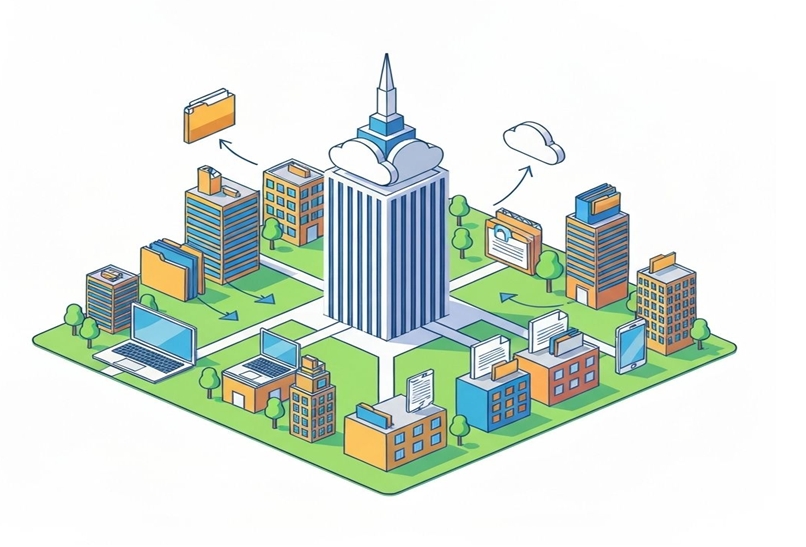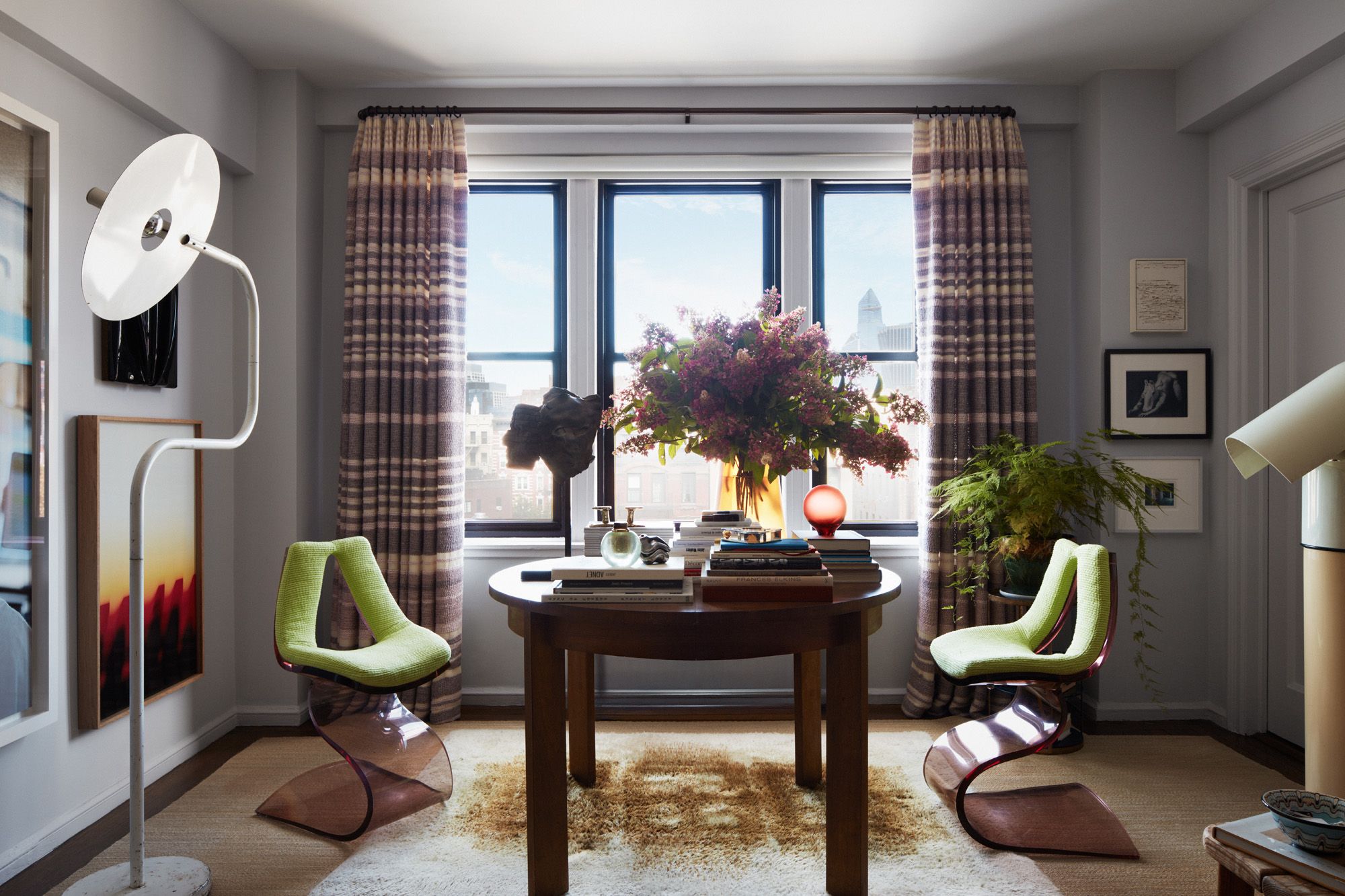New Genre designs identity, platform and website for new design standards tool

New Genre has created the website and identity for Follio, a new digital platform designed to help large enterprises organise, manage and deliver interior design standards while streamlining workflows and ensuring cohesion.
The intent behind Follio was to fill a gap in the market for architects and interior designers who had no guideline tools for their standards, specifications, and documentation. On the other side of the industry, graphic designers and marketers can access various digital brand guidelines tools, such as Brandpad, Corebook or Standards.
New Genre was recommended to Follio by one of its previous clients, and the design team immediately understood why architects, designers, and engineers needed a tool to bring all of their design standards into one digital collaborative space. The studio’s CEO and co-founder, Mihai Toma, describes the tool as “a new idea in an underserved industry”, adding that there was “a sense of urgency to develop a comprehensive solution” for their client, who runs an architecture studio.


After receiving an open brief, New Genre undertook a series of discovery sessions and developed a comprehensive plan with the client. The scope of work ended up expanding to include a naming sprint, brand identity system, marketing website, and the design and development of a digital platform that could hold the entire business’s infrastructure and functionality.
Before the collaboration began, the business had the WIP name ‘Project Portal’, which Toma says proved hard to trademark or to build a proprietary brand on. During the naming process, New Genre proposed a shortlist of strong options, which included ‘Follio’ as shorthand for the folder of the digital age.
Toma points out that the design team then had to find “the right balance between brand and product” despite the urge to experiment with exciting graphic devices, “be it iconic display fonts, intricate colour combinations, or detailed illustrations”. However, for Follio, it was important to prioritise simplicity and functionality so as not to overshadow the purpose of the business.



“The graphic language acts as a blank space, allowing the content to be the centrepiece of the brand”, says Toma, explaining how this “light and muted approach” allows the platform to accommodate various manufacturers, products, materials and room templates.
Follio’s logo takes the form of an outlined folder extruded on a 3D isometric space that is multifaceted in its meaning. Toma says: “The folder icon hints at file organisation, while the isometric floor plan reflects the industry served.
“One could argue there’s a subtle ‘F’ monogram in logomark as well.”



The brand’s primary typeface, Beausite Classic, was chosen for its functional aesthetic and is used purposefully across brand applications and within the product itself. To further communicate the brand’s no-nonsense aesthetic, New Genre created a custom edit of Beausite Classic for the logotype with increased contrast and a round shape for the lowercase ‘o’ and the title of the ‘i’.
A series of 3D videos and stills were also created to showcase the Follio brand, which is made out of a range of different raw materials and art directed in architectural scenes. “Alongside these brand-focused assets, we used real-life examples of products, such as furniture, fabrics, or lighting, contextualising the library of assets documented on the platform,” says Toma.
Since Follio’s main users will be large-scale infrastructure projects, such as hospitals, universities, or architectural firms, the brand’s tone of voice was developed to be informative, professional, and structured, fulfilling its purpose of educating customers about the platform.


Warm black and off-white tones make up Follio’s neutral colour palette, reinforcing that the content is the focal point. Toma describes how an electric blue accent is used strategically, “paying homage to architectural blueprints.” The palette as a whole supports the brand’s “clean, modern aesthetic while providing a subtle nod to its roots in architecture and design.”
New Genre’s team also worked across design and development for both the marketing website and the Follio platform, creating a design system based on the atomic design methodology and developing it using a React framework. “For the UI design, we focused on visually displaying the products and materials library through a set of versatile card components, akin to e-commerce catalogues of products”, Toma explains.
He adds: “On top of this foundation, we added a range of essential features, from category tagging and global search to custom room templates and product-to-room multi-referencing.
“The result is a rigorous, accessible, and streamlined digital experience that can easily scale as the business evolves.”
link

:max_bytes(150000):strip_icc()/Midnight_Study_1-4a989f9195094a4e8fa50ed27ba5668d.jpg)



